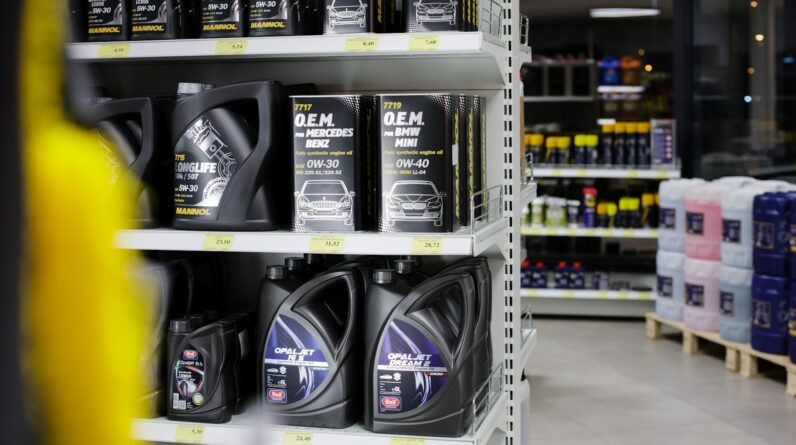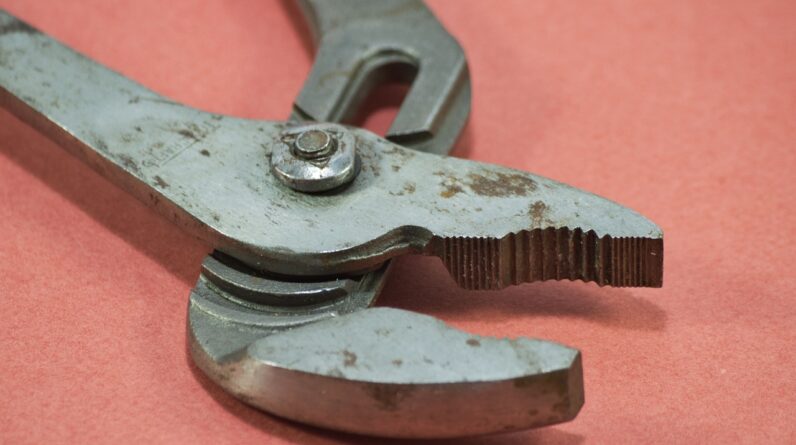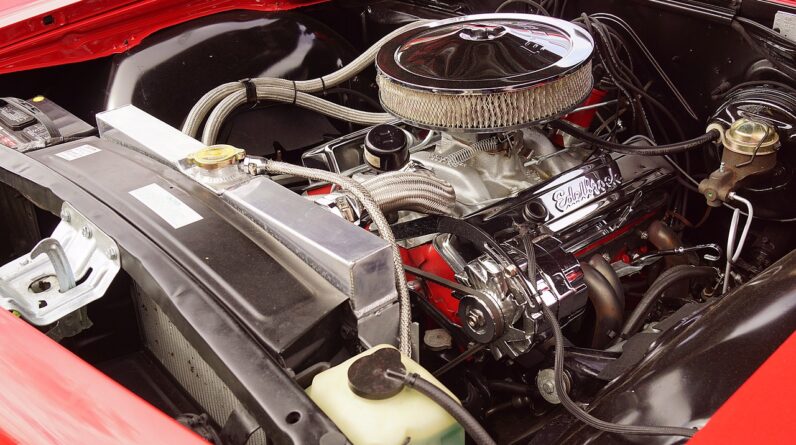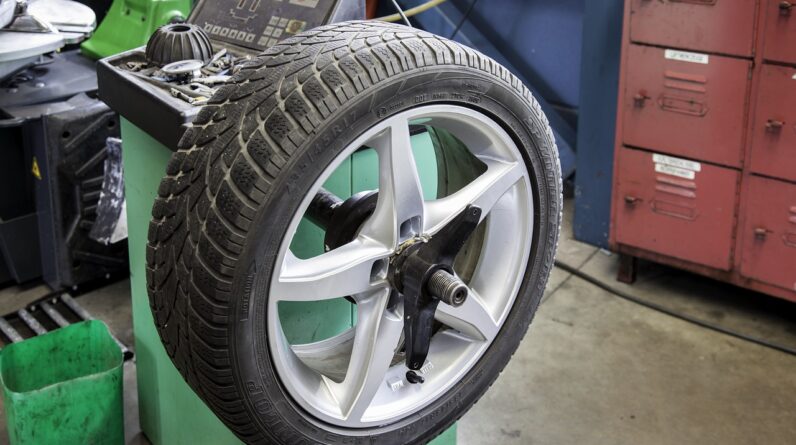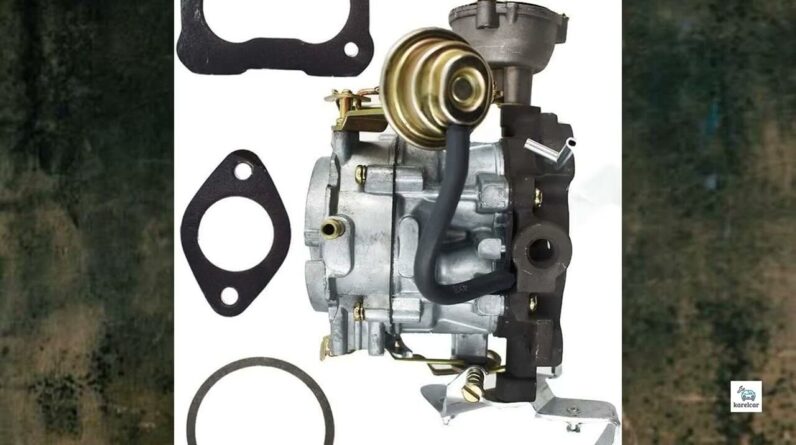
Get top car repair tips from professionals! Learn essential maintenance tasks to avoid breakdowns, DIY repairs, and when to seek expert help to keep your car in top shape.
Have you ever found yourself stranded on the side of the road with a car issue, wondering what you could have done to avoid this? I’ve been there too, and it’s not a situation anyone wants to find themselves in. As I’ve delved deeper into car maintenance and repair through conversations with professionals in the field, I’ve gathered a wealth of information that can help us all keep our vehicles in top shape and out of the auto shop. This guide is designed to share that collective wisdom with you.
Car Repair Advice from Professionals
Maintaining your car and addressing potential issues before they become serious problems can save you time, money, and a lot of headaches. Let’s explore some of the best advice from car repair professionals to help keep your vehicle running smoothly.

Understanding Basic Car Maintenance
The Importance of Regular Maintenance
Regular maintenance is the cornerstone of a well-functioning vehicle. Just like regular check-ups with your doctor keep you healthy, regular maintenance keeps your car healthy. Skipping these check-ups can lead to bigger problems, often at the most inconvenient times.
Essential Maintenance Tasks
Here are some critical maintenance tasks you should never ignore:
| Maintenance Task | Recommended Frequency | Description |
|---|---|---|
| Oil Change | Every 3,000-5,000 miles | Keeps engine lubricated and running smoothly |
| Tire Rotation | Every 6,000-8,000 miles | Ensures even tire wear and extends tire life |
| Brake Inspection | Every 10,000-15,000 miles | Ensures brakes are functioning properly |
| Battery Check | Every 3 years | Prevents dead batteries and ensures reliable starts |
| Fluid Check | Every 3,000 miles | Ensures all fluids are at proper levels (coolant, brake fluid, etc.) |
Common Car Problems and How to Fix Them
Engine Issues
The engine is the heart of your car, and any issue with it can be serious. Here are some common engine problems and what you can do about them:
- Check Engine Light: This could indicate a range of issues, from a loose gas cap to a serious engine problem. Always check your gas cap first; if that doesn’t fix it, you might need a professional diagnostic.
- Overheating: Often due to coolant system issues. Regularly checking and refilling coolant can prevent this. If your car overheats frequently, a mechanic might need to inspect the coolant system for leaks or other problems.
Transmission Troubles
Transmission issues are a big deal since your car won’t move without a functioning transmission. Common issues include:
- Slipping Gears: This can be a sign of low transmission fluid or wear and tear. Check fluid levels first; otherwise, consult a professional.
- Delayed Shifting: Could indicate issues with the transmission fluid or internal transmission components. Again, a professional diagnosis is recommended.
Routine Checks to Perform Yourself
Not all car maintenance requires a trip to the mechanic. Here are some easy checks you can do yourself:
Checking Tire Pressure
Proper tire pressure is crucial for safety and fuel efficiency. Use a tire pressure gauge to ensure your tires are at the recommended PSI, typically found in your car’s manual or the driver’s side doorjamb.
Inspecting the Battery
Check for corrosion on battery terminals and ensure the cables are securely connected. If your car is slow to start, it might be time to have the battery tested or replaced.
When to Seek Professional Help
Recognizing Red Flags
While some car issues can be handled on your own, knowing when to seek professional help is essential. Look out for these red flags:
- Unusual Noises: Any new or unusual noises from your car should be investigated by a professional.
- Warning Lights: Do not ignore dashboard warning lights. They are indicators that something is wrong.
- Performance Issues: Significant drops in performance, such as trouble accelerating or stalling, warrant a professional look.
Choosing a Reliable Mechanic
Finding a trustworthy mechanic is half the battle. Here’s how to choose one:
- Ask for Recommendations: Friends and family can provide valuable input.
- Read Reviews: Online reviews can give you an idea of others’ experiences.
- Certifications: Look for mechanics with certifications like ASE (Automotive Service Excellence).

DIY Car Repairs You Can Handle
Changing Oil
Changing your oil is one of the most straightforward DIY tasks. You’ll need motor oil, an oil filter, a wrench, and a pan to catch the old oil. Remember to check your car’s manual for the type and amount of oil required.
Replacing Air Filters
A clogged air filter can reduce fuel efficiency and performance. Most air filters are easily accessible and can be swapped out in a few minutes. Just open the air filter compartment, remove the old filter, and replace it with a new one.
Extending the Life of Your Vehicle
Driving Habits
Your driving habits significantly impact your vehicle’s longevity. Here are some tips:
- Gentle Acceleration: Avoid rapid acceleration and hard braking. This puts less stress on the engine and brakes.
- Avoid Short Trips: Short trips prevent the engine from reaching optimal operating temperature, increasing wear and tear.
Regular Cleaning
Keeping your car clean, both inside and out, prevents rust and preserves the paint job. Don’t forget the undercarriage, which can accumulate dirt and salt, leading to corrosion.

Understanding Car Warranties
Manufacturer Warranties
Most new cars come with a manufacturer’s warranty that covers major repairs for a certain period or mileage, typically three years or 36,000 miles. It’s essential to understand what is covered and what’s not.
Extended Warranties
Extended warranties can provide peace of mind once the manufacturer’s warranty expires. Consider your car’s reliability and your ability to pay for repairs out-of-pocket before purchasing one.
Conclusion
Maintaining your car doesn’t have to be overwhelming. With a little knowledge and diligence, you can handle many tasks yourself and know when to seek professional help. By keeping up with regular maintenance and addressing issues promptly, you’ll keep your vehicle running smoothly for years to come.
Remember, the key to a long-lasting car is a proactive approach to maintenance. Take the time to care for your vehicle, and it will thank you with reliability and performance. Whether it’s changing the oil, checking tire pressure, or recognizing when something’s not quite right under the hood, these small steps make a big difference. Stay informed, stay prepared, and keep rolling confidently down the road.


